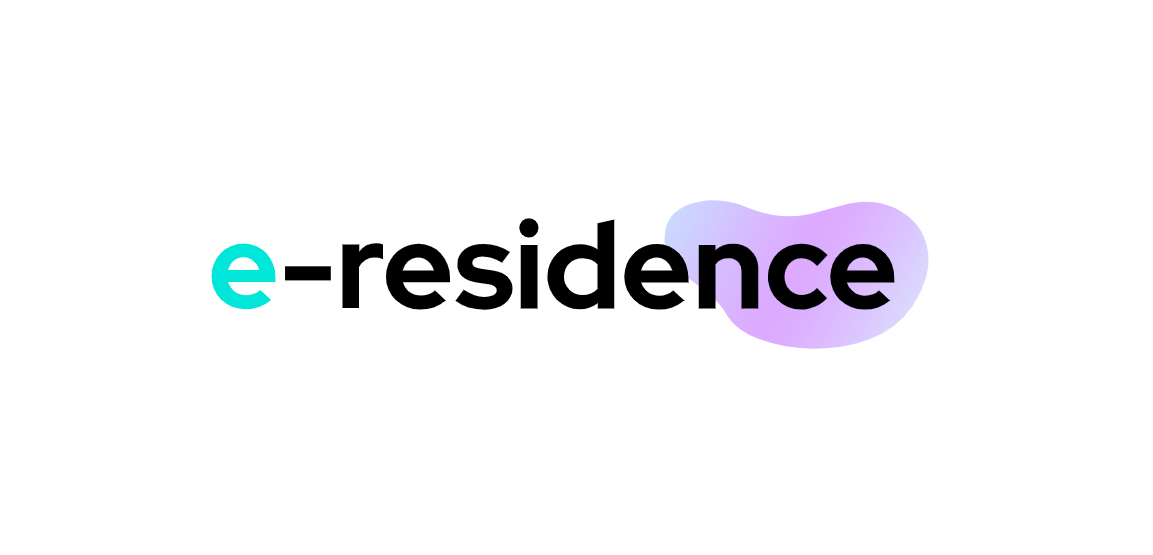Why Developers Are Registering Companies via e-Residency in Lithuania and Azerbaijan

💼 Why Developers Are Registering Companies via e-Residency in Lithuania and Azerbaijan
Discover how software engineers and backend developers are using e-Residency programs in Lithuania and Azerbaijan to establish international tech startups remotely — building scalable products, accessing European markets, and managing operations without physical relocation.
🌍 The Rise of e-Residency for Tech Professionals
The e-Residency revolution has opened doors for global developers who want to operate beyond borders.
In Vilnius and Baku, governments have simplified digital company registration — allowing professionals to form and manage businesses entirely online.
For Python and Django developers, this means more than convenience:
it’s an opportunity to legally invoice international clients, build SaaS platforms, and grow remote tech teams across Europe and Asia.
💡 Why e-Residency Appeals to Developers
1. Global Access Without Relocation
Both Lithuania and Azerbaijan enable software engineers to run companies from anywhere — ideal for freelancers and remote backend developers.
2. Seamless Business Setup
Registering an LLC through e-Residency takes only a few days.
Developers can sign contracts, manage taxes, and access business banking 100% online.
3. Perfect for Remote Python & Django Teams
Many small development studios use e-Residency to manage their operations — combining remote coding with a legitimate European business presence.
⚙️ How Software Engineers Benefit
The e-Residency model empowers independent developers and small tech firms to:
-
Build SaaS platforms with Django and PostgreSQL
-
Offer backend development services to EU-based clients
-
Issue global invoices in EUR or USD
-
Hire remote engineers legally through their e-company
A Lithuanian-registered Python developer, for instance, can collaborate with startups in Germany or the UAE while maintaining compliance and credibility.
🧠 Why Lithuania and Azerbaijan Stand Out
🇱🇹 Lithuania — The EU Gateway for Developers
Lithuania’s digital infrastructure and low bureaucracy make it the Estonia-style e-Residency alternative within the European Union.
For backend developers, this means fast company formation, EU VAT registration, and access to global payment processors like Stripe or Wise.
🇦🇿 Azerbaijan — Bridging Europe and Asia
Azerbaijan’s emerging e-Residency program focuses on digital entrepreneurs in software, AI, and IT services.
For Django developers, Baku offers affordable costs, flexible taxation, and proximity to both European and Middle Eastern clients.
🧩 Best Practices for Tech Founders
-
Choose Your Structure Wisely
Lithuania suits EU-focused companies, while Azerbaijan fits developers serving Asia or the GCC region. -
Use Remote Collaboration Tools
Platforms like GitHub, Slack, and ClickUp ensure your international team stays connected. -
Leverage Python Frameworks for Growth
Whether it’s Django for web apps or FastAPI for microservices — using modern Python tools makes your e-company agile and scalable.
🚀 The Future of Borderless Software Companies
In 2025, being a software engineer is no longer tied to geography.
With e-Residency, backend developers in Vilnius or Baku can compete globally, launch startups remotely, and build a sustainable digital identity.
The new generation of developers isn’t asking “Where should I move?”
They’re asking “Where should I register my company online?”
✨ Final Thoughts
If you’re a Python or Django developer looking to scale beyond freelancing — Lithuania and Azerbaijan offer the ideal gateway.
Their e-Residency systems empower you to operate globally while staying flexible, compliant, and cost-efficient.
Remote work created freedom.
e-Residency makes it official.